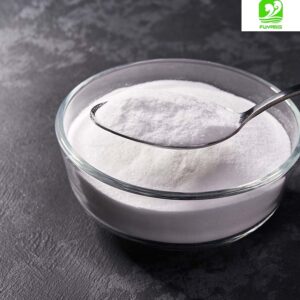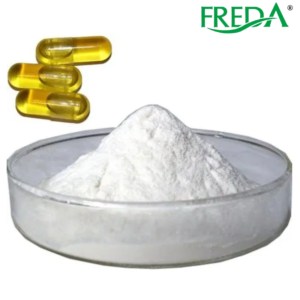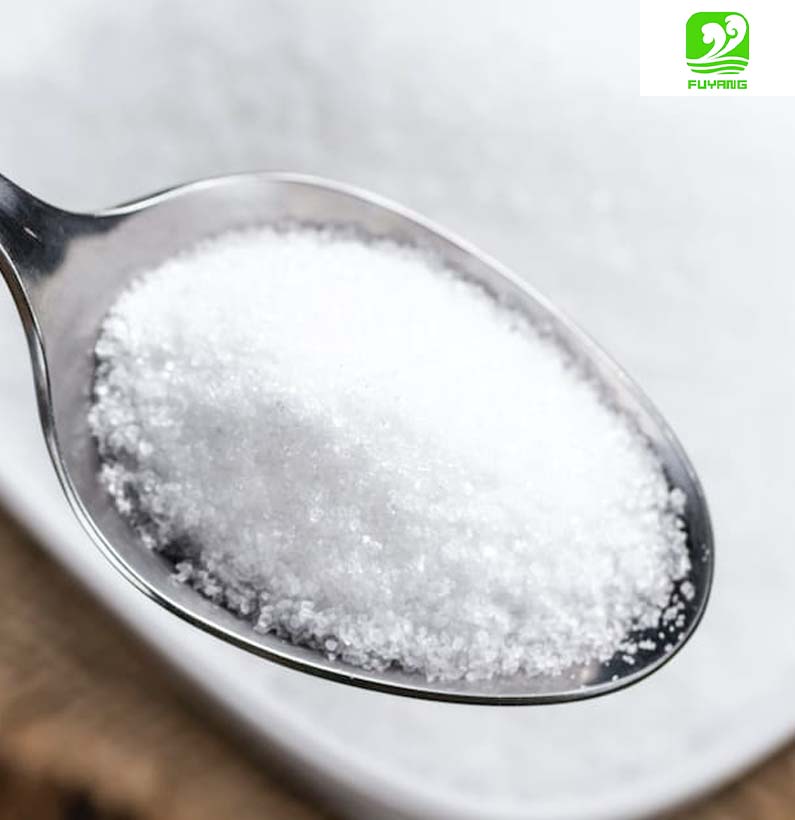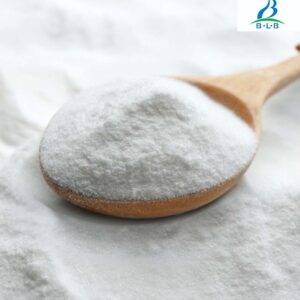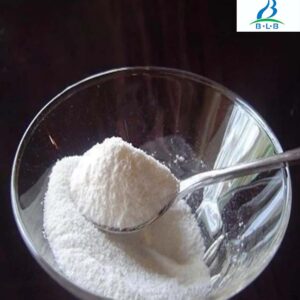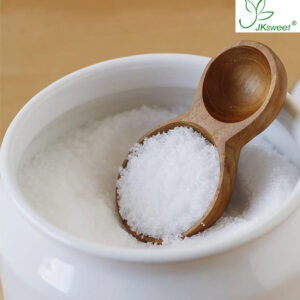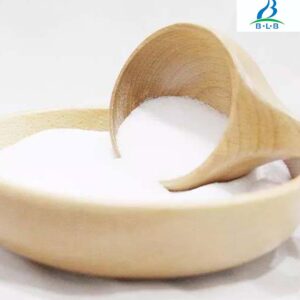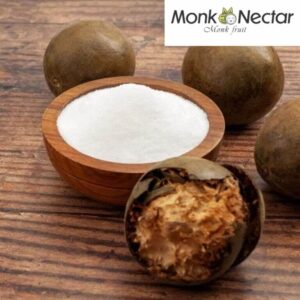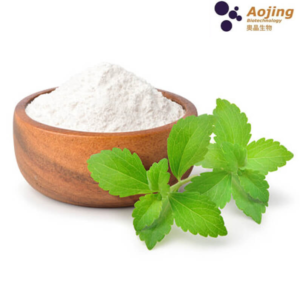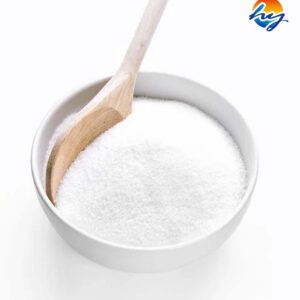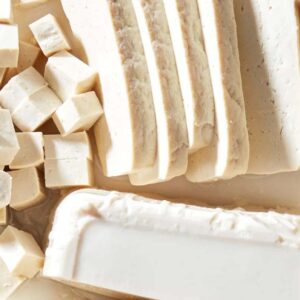Allulose is a rare sugar naturally occurring in fruits, because it is naturally present in only a few foods. Wheat, figs, and molasses all contain it
Industrially made from Fructose or Corn.
It is not a SUGAR Alcohol (Polyols)
Physical properties :
- Sweetness is 70% of sucrose, calories is 0.2-0.4 kcal/g (sucrose is 4 kcal/g).
- Taste characteristics Similar to sucrose, no special odor, no cooling feeling.
- Sweetener synergy: It has a good synergistic effect with high strength sweeteners
- Solubility: Allulose has high water solubility, about 70% at 25℃.
- Viscosity: Allulose has relatively low viscosity and is more convenient for processing.
- Maillard reaction: Allulose is prone to Maillard reaction and browning.
Stability :
- Allulose has good heat stability and pH stability, suitable for bakery products and acidic beverages.
Physiological properties :
- Metabolism: Allulose does not participate in human metabolism and does not provide calories.
- Non-caries: Allulose is not used by microorganisms in the oral cavity and has the function of preventing dental caries.
- Lower blood sugar: Allulose has no effect on blood sugar levels.
- Prevent obesity: Allulose can inhibit the activity of fat synthase, increase the speed of fat decomposition and effectively control
weight. - Antioxidant ability: It has strong scavenging ability of reactive oxygen species and has potential medical value.
- Application in the food industry: Table sugar, beverage, bakery products, dairy products, candy, jam, condiment, etc.

